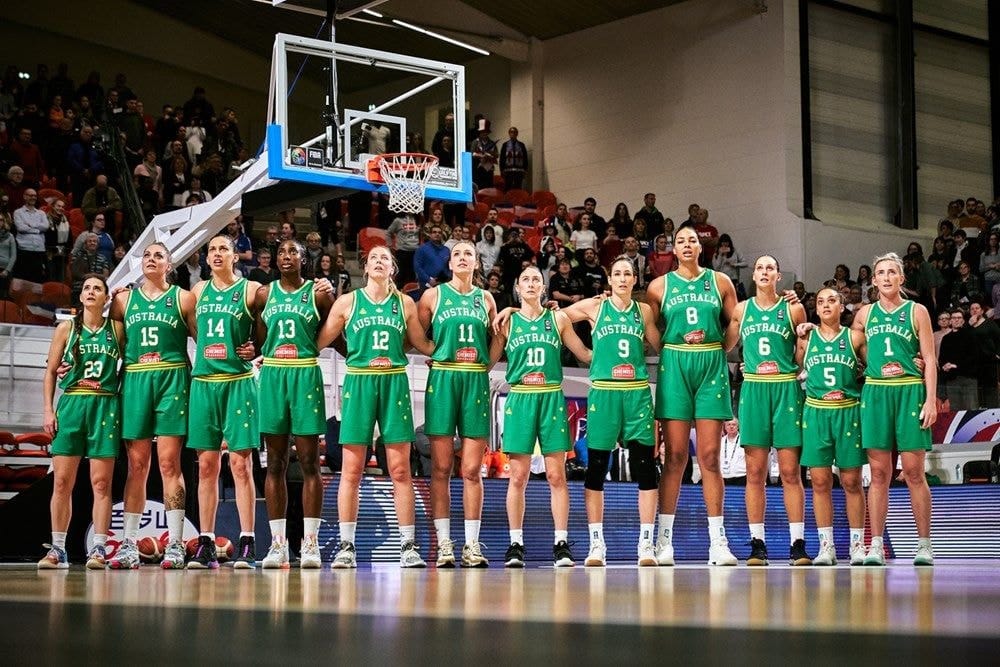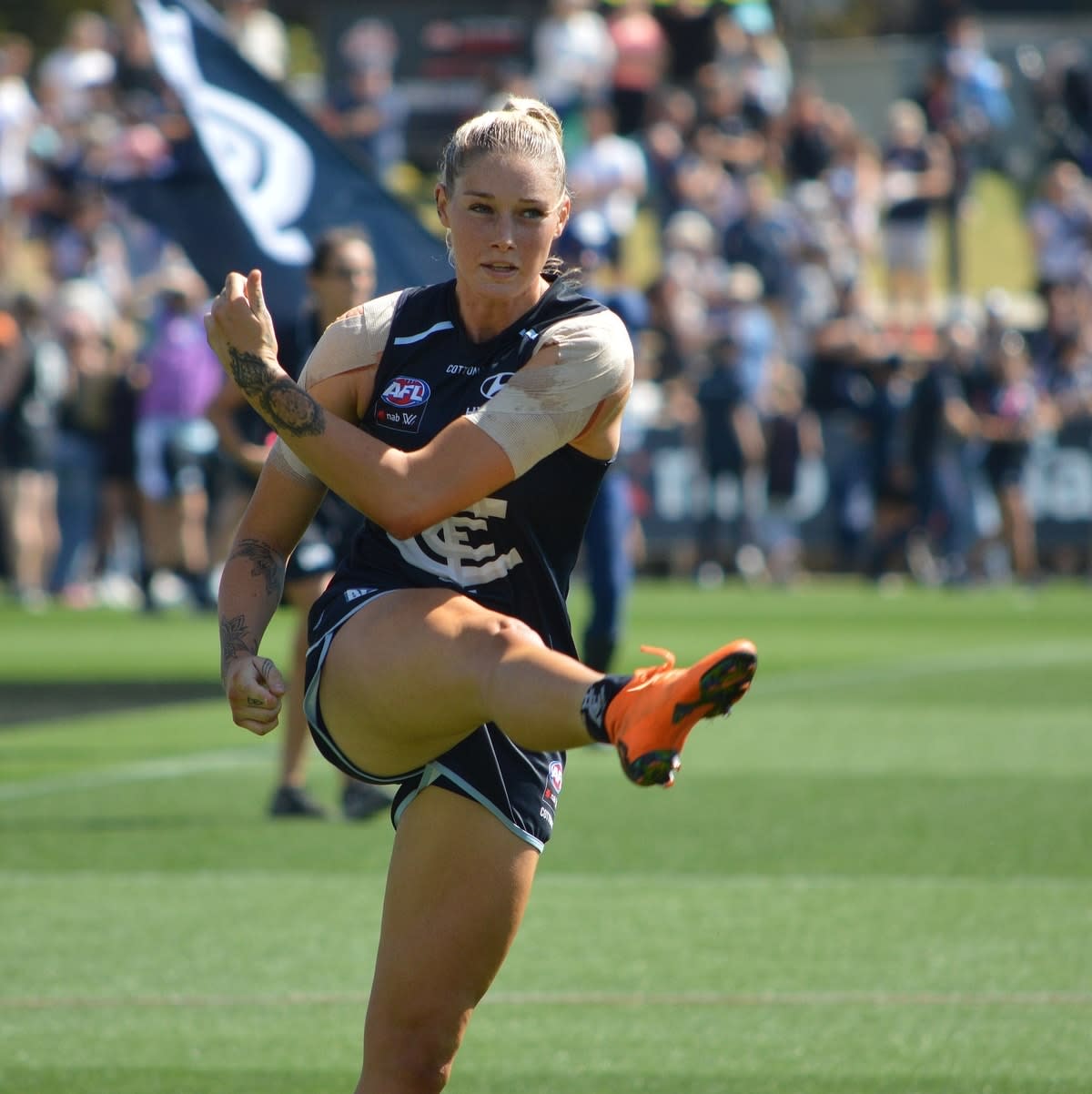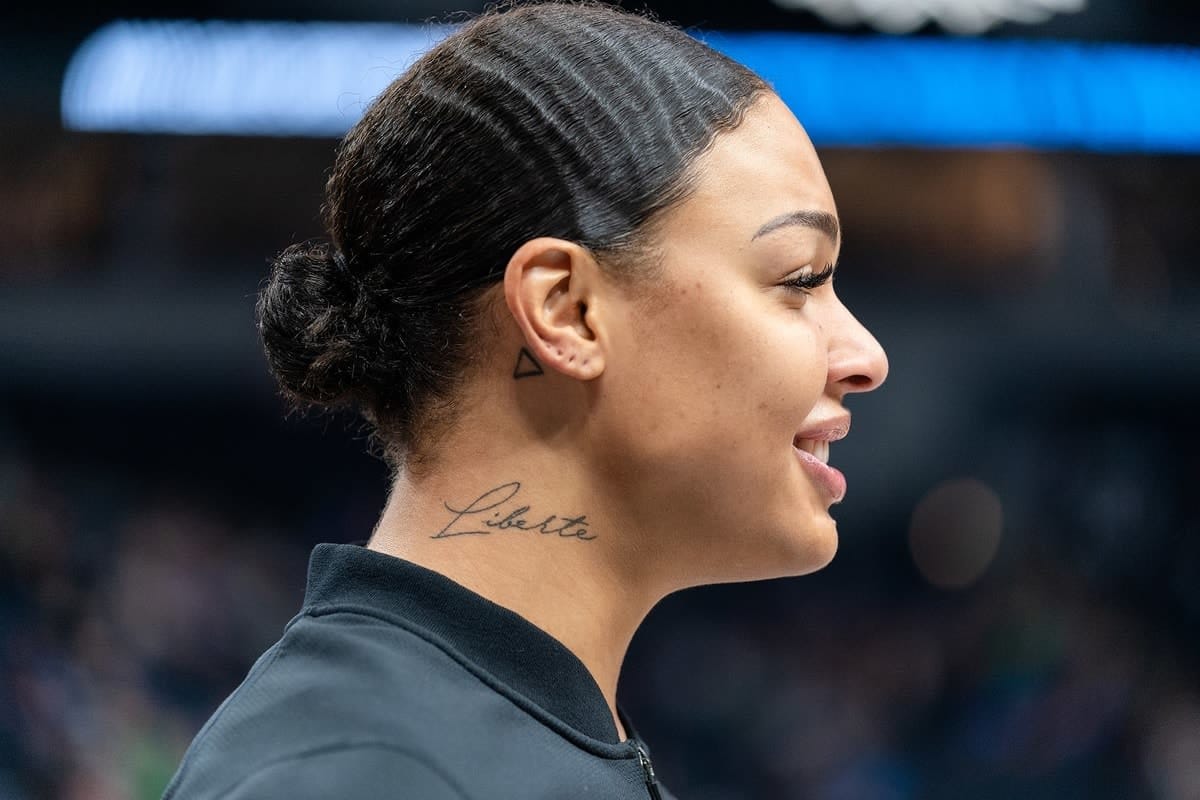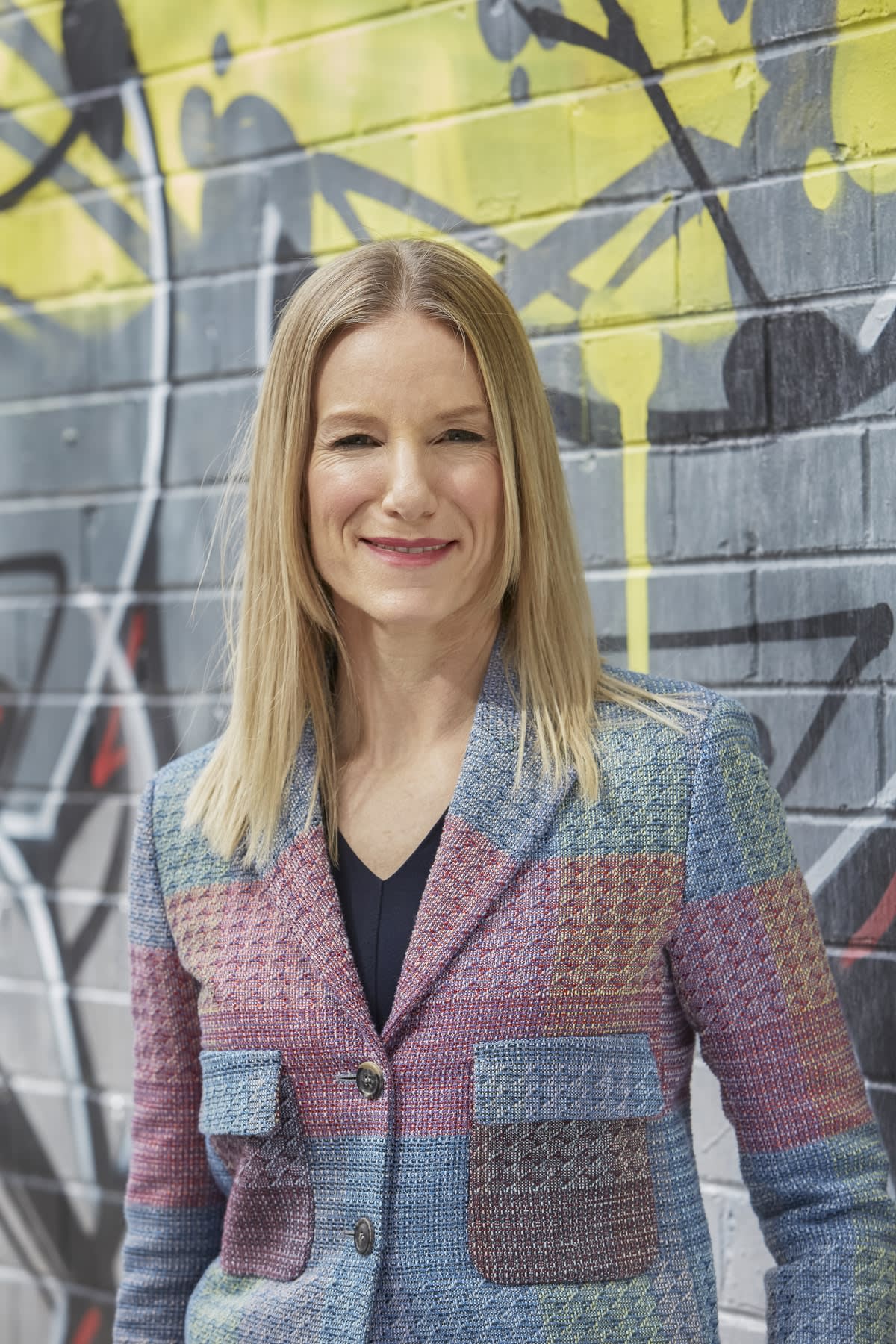
This article was co-authored with Jerril Rechter, the CEO of Basketball Australia.
The theme of International Women’s Day 2021, “Women in Leadership: Achieving an equal future in a COVID-19 world”, is a pertinent one for sport, with the sector remaining woefully backward in supporting women leaders.
While participation in sport by women is growing, with more women and girls playing a breadth of sports, the number of women taking on senior leadership roles in sport remains low.
Over the past year, COVID-19 has unravelled so much of the momentum of the successes of women in the sports sector. It’s revealed the fragility of women’s progress in sport as part of the broader societal impact of the pandemic that has disproportionately affected women in all walks of life.
Elite and grassroots women’s sport has endured reductions in funding, cancellation of fixtures, seasons and tournaments, with limited efforts to reconfigure sporting activity to the same extent we witnessed was possible with many men’s sports.
COVID-19 provided a stark illustration of what’s important in sport – and it wasn’t women.
COVID-19 provided a stark illustration of what’s important in sport – and it wasn’t women.
Two years ago, women leaders were finally securing leadership positions across the sports sector in roles that were previously held by men – notably Raelene Castle (Rugby Australia), Kate Palmer (Sport Australia) and Leigh Russell (Swimming Australia).
Since then, Castle, Palmer and Russell have stepped down from these high-profile positions, and the stats haven’t shifted in terms of women leading national sporting organisations and taking on other key roles in sport.
In 2021, there are no women CEOs leading sports that are part of the coalition of major professional and participation sports (which includes netball – the CEO role is currently vacant – tennis, rugby union, rugby league, football, the AFL, and cricket), and across other national sporting associations (including disability sporting associations), just 23% have women in senior leadership roles (CEO or equivalent).
The lack of women in leadership is illustrative of a culture that continues to celebrate and prioritise masculinity, and a lack of individual responsibility by those in power to be willing to give up a system that’s benefited them.
Women struggle to gain access to significant leadership opportunities, but when they do, they generally enter a hostile, masculinised environment where they’re disproportionately scrutinised and their abilities questioned, and even their appearances criticised.
Since departing Rugby Australia, Raelene Castle has been open about the overt sexism and misogyny she was subjected to, while chairman Paul McLean has stated she endured abhorrent bullying during her tenure.
These conditions are unlikely to sustain or increase the number of women taking on leadership positions in sport.

Elite women’s sport is finally gaining recognition in Australian society, with athletes such as Tayla Harris, Ash Barty, Elyse Perry and Liz Cambage becoming household names.
Australian women sporting teams have achieved success equal to, or above, their male counterparts, and this is finally being acknowledged. Australia’s cricketers were the 2020 ICC World Cup champions; the Opals (basketball) have regularly gained top-three positions at world championships and the Olympics over the past 10 years; the Diamonds (netball) have been consistently successful on the world stage; and the Matildas (soccer) are ranked seventh in the world.
Yet our leading women athletes continually experience discrimination and abuse. We see the vitriol directed at the Opals’ Liz Cambage when she plays. One of the world’s most successful athletes, Serena Williams, suffers constant animosity – she’s criticised as being too aggressive, too masculine or, conversely, too emotional and petulant. The iconic Cathy Freeman recently outlined the racial discrimination throughout her career, including receiving racist hate mail.

All these women have been trailblazers that others have emulated to lift their codes to new levels. For these athletes, sexism intertwines with racism, creating powerful forms of oppression that diverts attention from their phenomenal athletic achievements.
So when are we going to systematically challenge the structures and culture of sport that favour men and diminish women?
Studies in community sport suggest a business rationale is a strong motivator for clubs to embrace diversity. However, the bigger question is, why do we need a business case when to excel in a chosen field of human endeavour – whether sport, science or otherwise – isn’t gender-specific.
To claim an equal future in sport, we have to shift the dial and support women leaders at all levels of the sport ecosystem. More of the same will not cut it. We cannot keep putting a handful of talented women in leadership positions and hope that by osmosis, structural and cultural change will follow.

Proactive change is needed
We must proactively change the structures and culture at the same time as elevating more women to leadership and, crucially, supporting those in high-profile roles.
We need to embrace our elite women athletes, and appreciate and celebrate their skills and strengths, not discriminate against and demean them because they don’t fit meaningless stereotypes that have no place in contemporary society.
There’s no silver bullet. As our research in community sport indicates, changing gendered structures and culture takes time, often decades.
Let this decade be the one where we maintain the momentum for change, and challenge who rules in sports across Australia.





